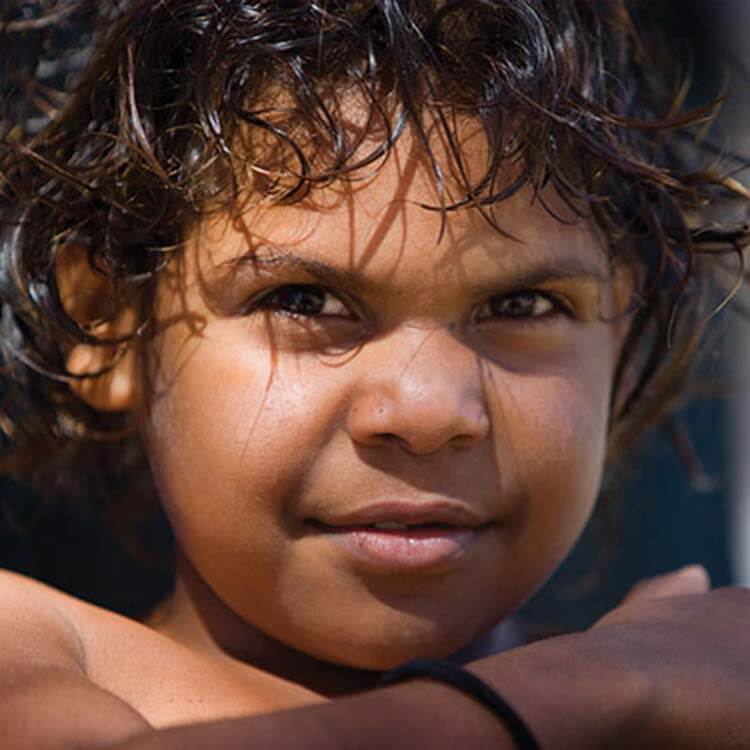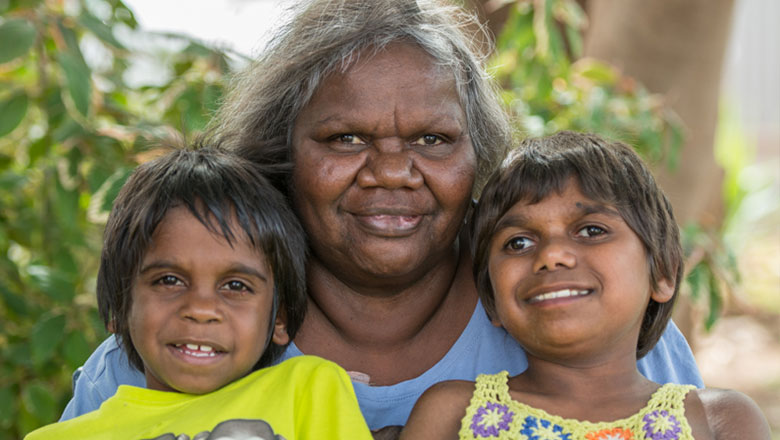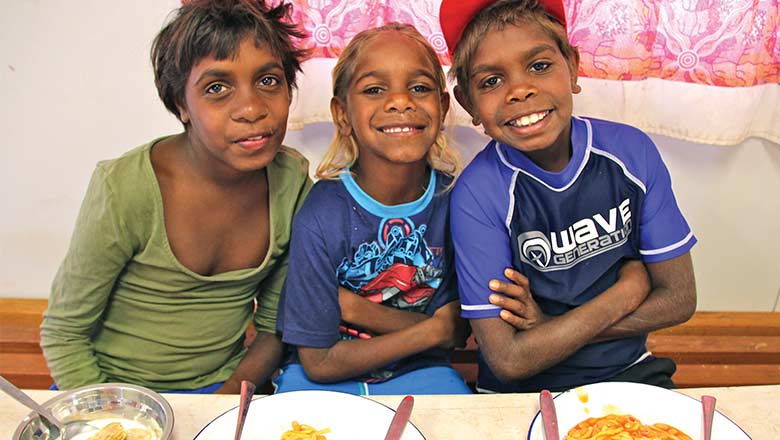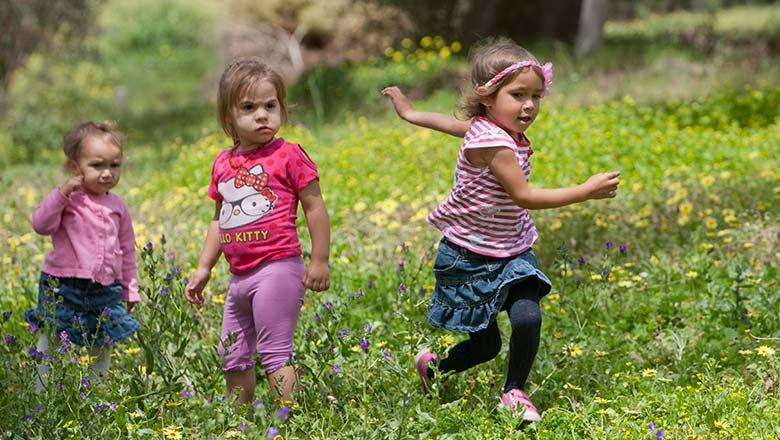Search

News & Events
$1 million funding boost to help Aboriginal kids with skin infectionsThanks to a $1 million funding grant, Dr Asha Bowen from The Kids Research Institute Australia is on track to change Aboriginal children's skin infection statistics.

News & Events
Exploring resilience as a pathway to Aboriginal young people's healthCan resilience improve health outcomes in Aboriginal young people? That question will be explored by The Kids Research Institute Australia researcher Clair Scrine.

News & Events
Not just a breakfast programA good healthy breakfast is not just a vital foundation for a productive day but can lay the groundwork for a community to pull together to overhaul its health.
News & Events
National Indigenous Immunisation Research WorkshopYou are invited to register to attend the National Indigenous Immunisation Research Workshop 2013: lessons learnt and future directions Workshop.
News & Events
Aboriginal researcher NAIDOC Person of the YearThe head of Indigenous research at Perth's The Kids for Child Health Research has been honoured as the 2008 National NAIDOC Person of the Year.
News & Events
COAG investment will help close the gapThe COAG commitment to invest in young Aboriginal children will produce immediate and real community benefits.
News & Events
Ear infections linked to passive smokingA new report from Perth's The Kids for Child Health Research has found a strong link between childhood ear infections and exposure to tobacco smoke.
News & Events
Remote pools boost Aboriginal child healthA new study has found that swimming pools in remote Aboriginal communities can dramatically reduce rates of skin, ear and chest infections
News & Events
MEDIA BACKGROUNDER - WA Aboriginal Child Health SurveyThe Western Australian Aboriginal Child Health Survey is the most extensive survey of Aboriginal families ever undertaken.

News & Events
Starting & staying on track10 years of work guided by The Kids Research Institute Australia has resulted in huge improvements in the development of Aboriginal children at the start of school.
